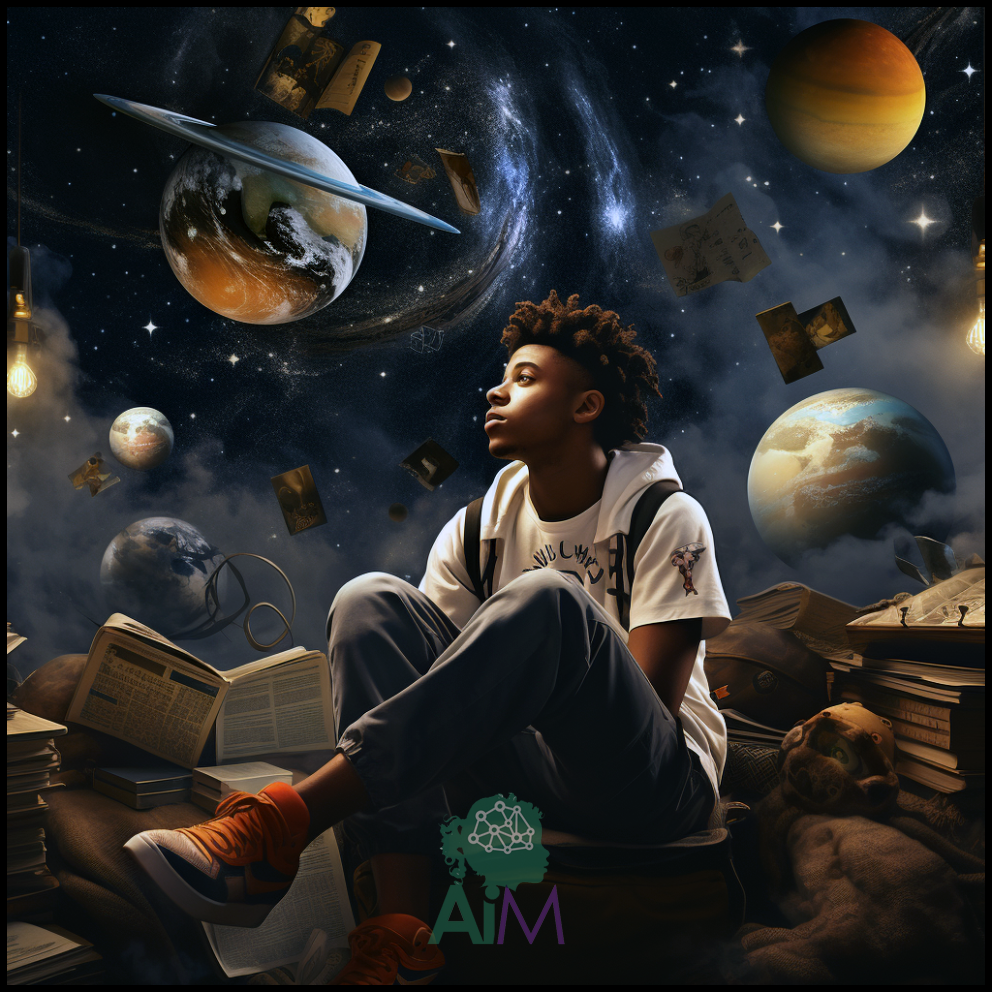When it comes to high school education, the Montessori approach stands out in remarkable ways, offering a unique and transformative experience for students. Let’s explore the distinctive features of the Montessori high school curriculum in contrast to traditional high school education.
Experiential Learning:
In Montessori high schools, education is a sensory-rich experience. It goes beyond the confines of traditional lecture-style instruction and rote memorization. Montessori educators believe in engaging all five senses to facilitate meaningful learning. Students explore, touch, feel, and immerse themselves in the subjects they study. Rather than passive listening and note-taking, Montessori students actively participate in their learning journey.
Integrated Curriculum:
One of the defining aspects of Montessori high school education is its integrated curriculum. Subjects like math, language, science, and social studies are not taught in isolation. Instead, they are thoughtfully woven together, allowing students to see the interconnectedness of knowledge. This holistic approach promotes a deeper understanding of how various fields relate to one another—a valuable perspective for lifelong learning.
Traditional high schools, on the other hand, typically compartmentalize subjects into distinct classes. Each subject is treated as a separate entity, often resulting in fragmented learning experiences.
Individualized Learning:

Montessori education is synonymous with respecting individuality. In Montessori high schools, students are encouraged to learn at their own pace and explore topics that genuinely interest them. This personalized approach acknowledges that each student is unique and may have different strengths and areas of passion. It fosters a love for learning that extends beyond the classroom.
Traditional high schools often follow a standardized curriculum, expecting all students to learn the same material at the same pace. This one-size-fits-all approach may not cater to individual learning styles and preferences.
Purposeful Work:
Montessori high school programs go beyond academics. They often include practical life skills and community service as integral components of the curriculum. Students learn the importance of contributing to their community and gain real-world skills that prepare them for adulthood. This emphasis on holistic education equips students with valuable life skills beyond what textbooks offer.
In contrast, traditional high schools may not always incorporate these elements into their curriculum, focusing primarily on academic subjects.
Self-Directed Learning:
Montessori high schools champion self-directed learning. Students are encouraged to take ownership of their education, setting goals and making choices about their learning paths. This approach nurtures independence and self-motivation—skills that are invaluable in higher education and throughout life.
Traditional education often follows a more teacher-directed model, where the teacher imparts knowledge and sets the pace for the class.
In summary, Montessori high school education offers a departure from the traditional, standardized model. It embraces experiential, integrated, individualized, and purposeful learning, nurturing students who are independent thinkers, community-minded, and prepared for a diverse array of life experiences.
While traditional high schools emphasize core subjects and standardized testing as a pathway to college, Montessori high schools prioritize holistic education, fostering lifelong learners who are well-equipped for the ever-evolving challenges of the world. The choice between these two educational approaches ultimately depends on the values and aspirations you hold for your child’s future.
